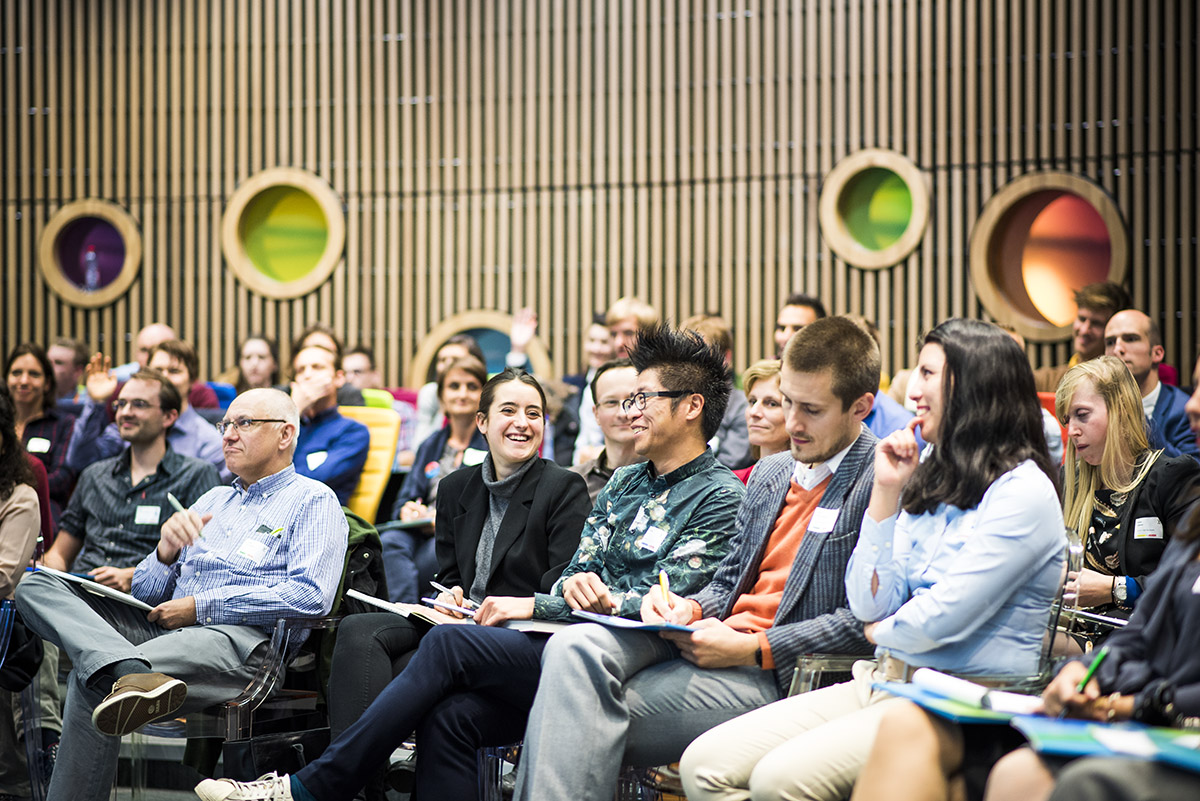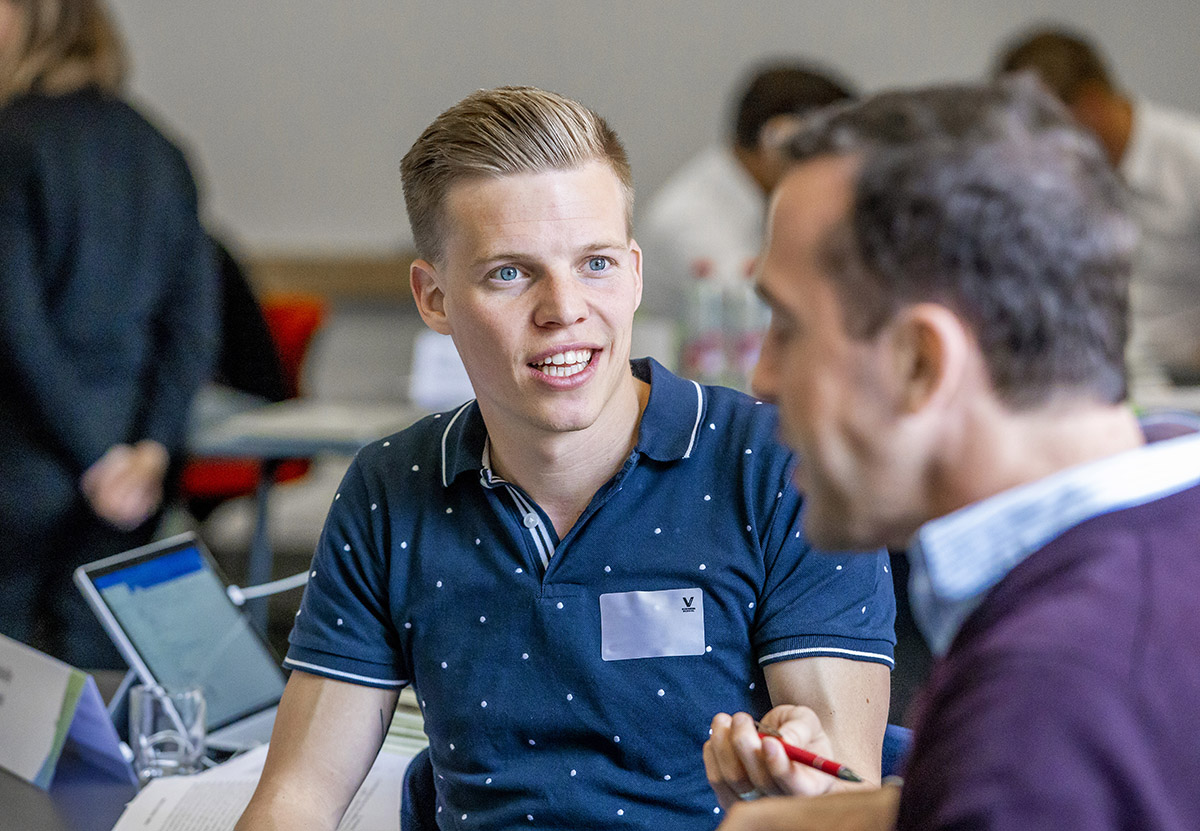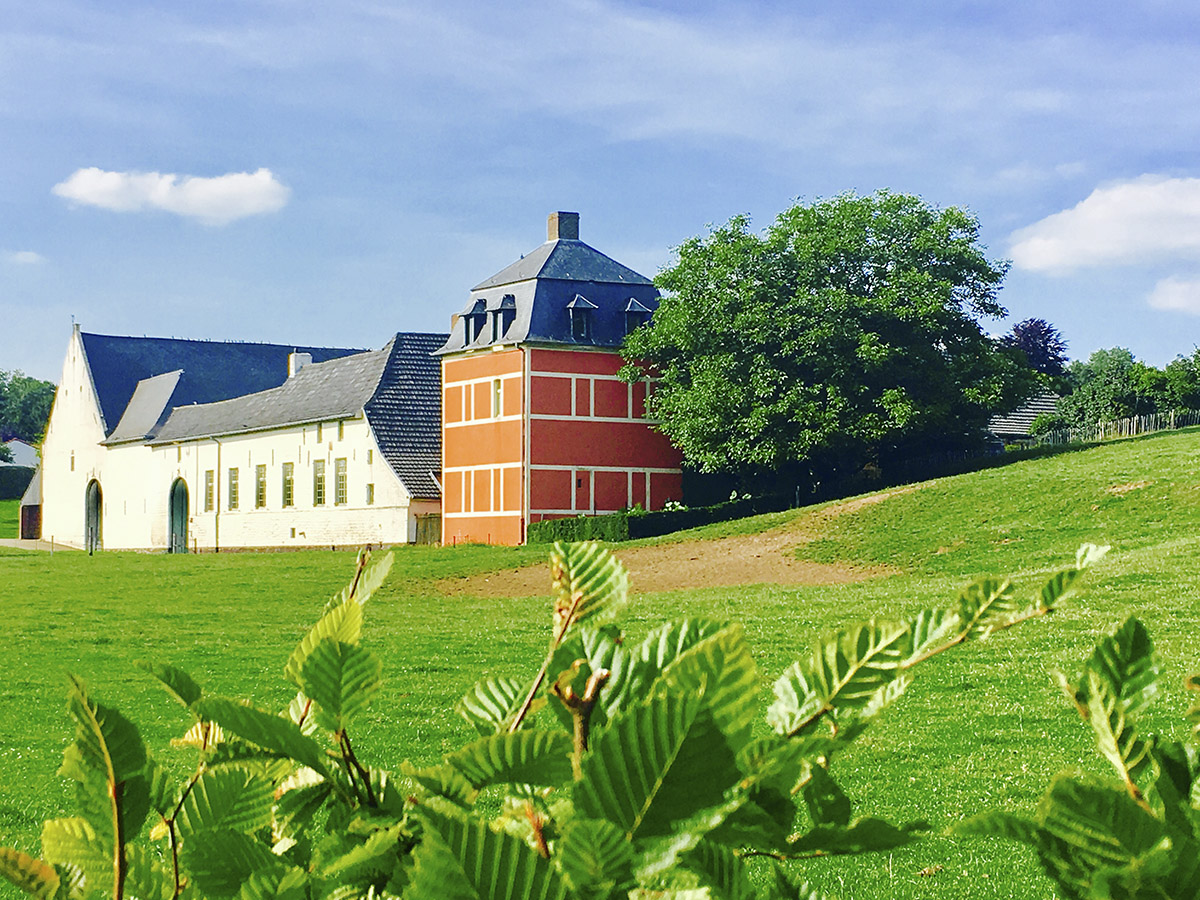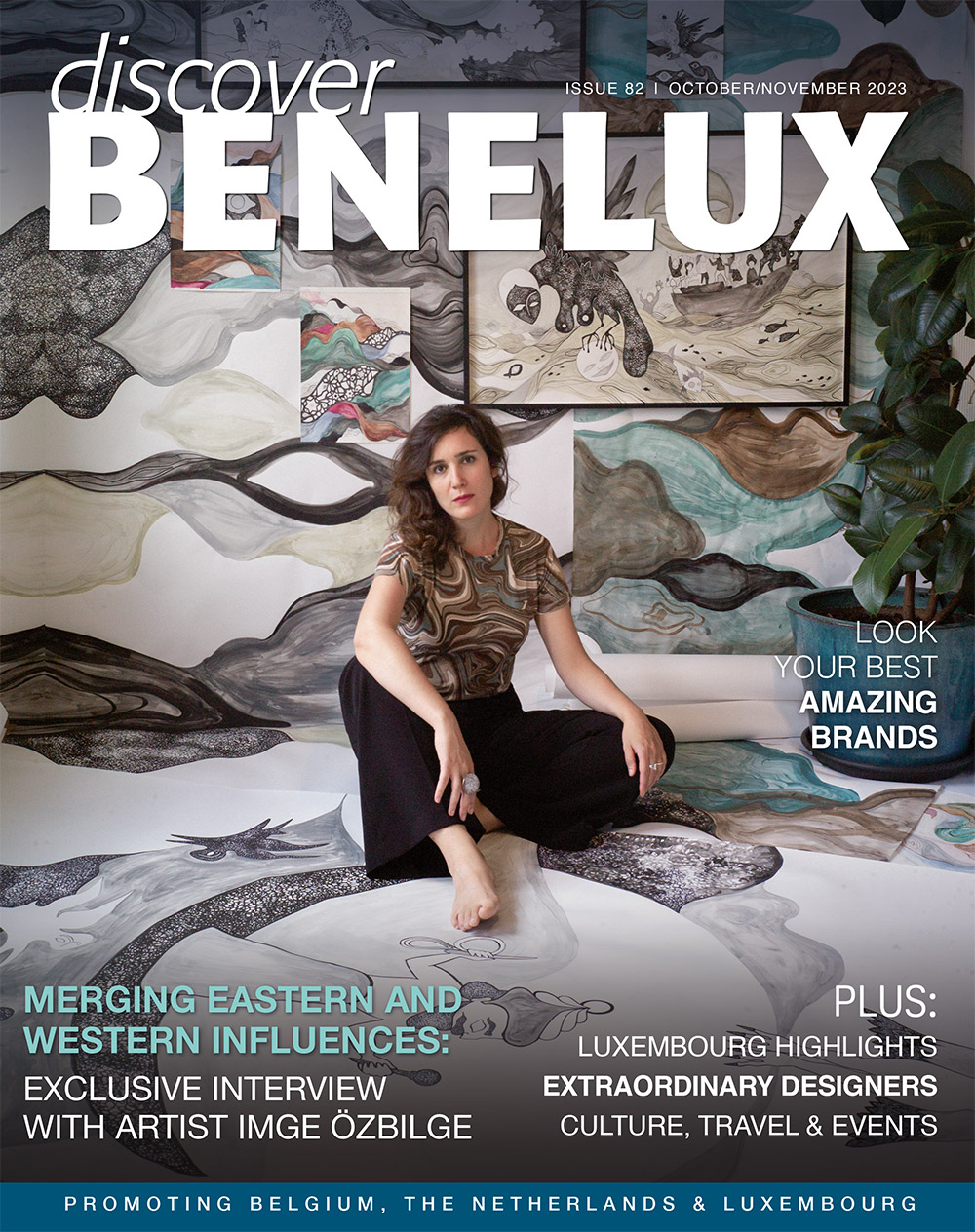University of Groningen – A global university city in pocket size
Text: Arne Adriaenssens | Photo © Michel De Groot, Jeroen Van Kooten, Bram Belloni
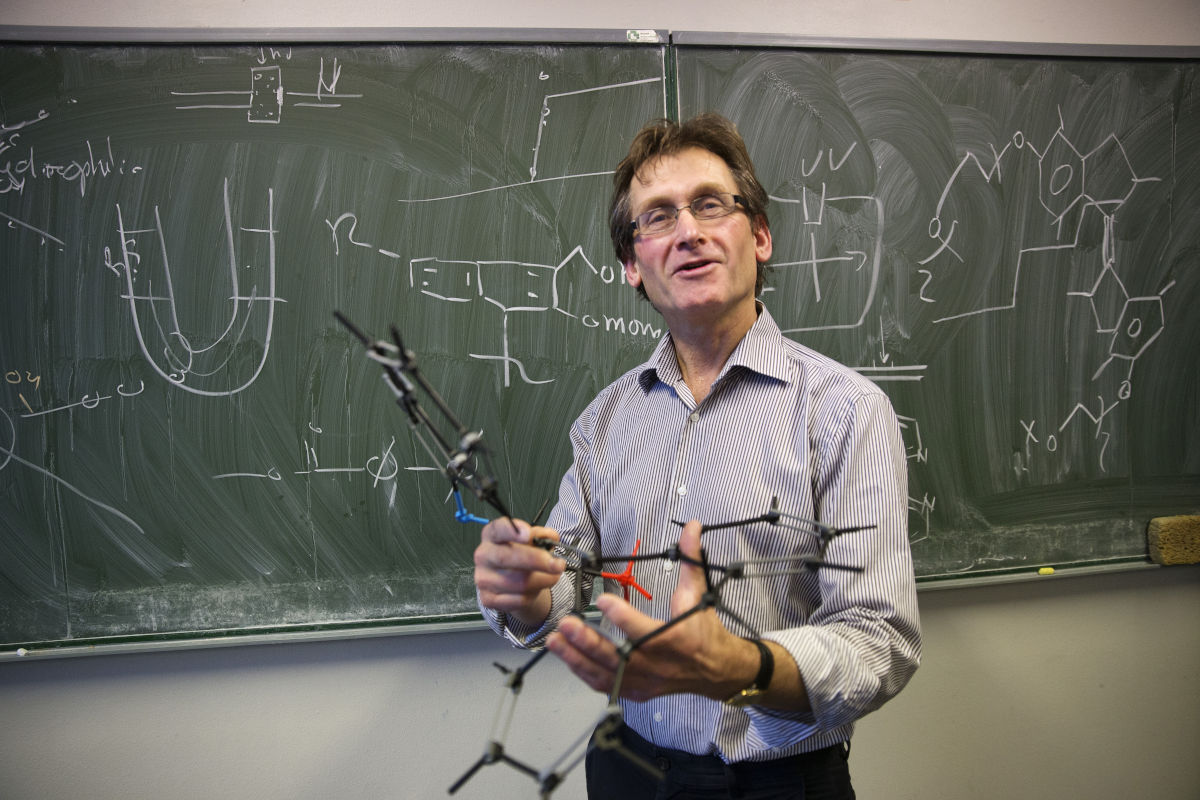
While pinpointing the place you want to study, mainly metropoles and capitals come to mind. Nonetheless, the most pleasant university town in the low countries is widely regarded to be the Dutch city of Groningen. Both inside and outside the faculties of the University of Groningen, a warm, welcoming and international environment awaits you.
In the far north of the Netherlands, mere kilometres away from the North Sea and the stunning Frisian Islands lies the charming town of Groningen. Although it is the biggest city in the top of the country, it has a very intimate and collegiate character. With an average age of just 36 years, the population of Groningen is the youngest of all the Dutch cities, and there is one very clear reason behind that: the University of Groningen. “In most university cities, the students live in a city of adults,” says Charlotte M’doe, marketing director at the university. “In Groningen, however, it is the other way around. There are so many students here that the social life in this town centres around the many enthusiastic youngsters and the multitude of associations. Since many of our alumni stick around in Groningen after graduating and found start-ups here, the town becomes more dynamic and innovative by the day.”
Cross-fertilisation
This jovial and warm spirit lives on inside the university walls as well. Compared to other major universities in the Netherlands, the University of Groningen has a very non-hierarchical and open structure. “The relationship between our students and their professors is friendly,” says Jorien Bakker, the university’s spokesperson. “Most of them are on first-name terms and there is an atmosphere of trust. Even Ben Feringa, one of our professors who won the Nobel Prize for chemistry in 2016, is just ‘Ben’ to all colleagues and students here. Our rector is also very approachable and likes to be available for all members of the university community.” An open culture like this also stimulates cross-fertilisation between different departments and faculties. “As a research-driven university, we don’t believe in isolating specialties,” explains M’doe. “A versatile institution like ours contains a wealth of knowledge in a myriad of fields. When our students conduct research, they are therefore strongly encouraged to look behind the borders of their proper expertise and collaborate with students from other programmes.” This collaborative approach has earned the school a splendid international reputation. The University of Groningen is listed in double digits in just about every global university ranking there is. Among others, it was awarded 66th place on the prestigious ‘Academic Ranking of World Universities’ and came in 79th place on ‘THE World University Rankings’.
International classroom
A unique university like this, obviously, attracts a fair share of international visitors. Close to a quarter of the students who come to Groningen for a semester, a year, or even an entire programme, are from outside the Netherlands. “Having international guests on campus is enriching for both our Dutch and foreign students. Therefore, they have the opportunity to share accommodation and participate in free Dutch language courses, which are incredibly popular since many international students want to mingle with the locals too. Meanwhile, all our Dutch students speak English very well: the Netherlands is one of the non-English speaking countries with the best level of English.” That ear for languages comes in handy while studying at the University of Groningen since the lion’s share of classes are taught in English. No less than 35 Bachelor’s programmes and over 90 Master’s are entirely executed in the British tongue. Since most Dutch students graduate secondary school with an impressive C1-level in English, the adjustment to studying in it afterwards is usually minimal. “The advantages, on the other hand, are numerous,” says Bakker. “Adapting to increasing globalisation, we want to provide our students with a frame of reference that is bigger than just the Netherlands, or even Europe. Because how do they handle financing issues in India? Or how do they use mass media in Russia? To provide them with that kind of knowledge as well, we introduced ‘the international classroom’. Our students read and learn about their trade in a worldwide context and are taught by professors and lecturers from all around the world. By wearing a global hat as well as a Dutch one, we prepare our students for careers in an international environment or in all corners of the world.”
Subscribe to Our Newsletter
Receive our monthly newsletter by email
